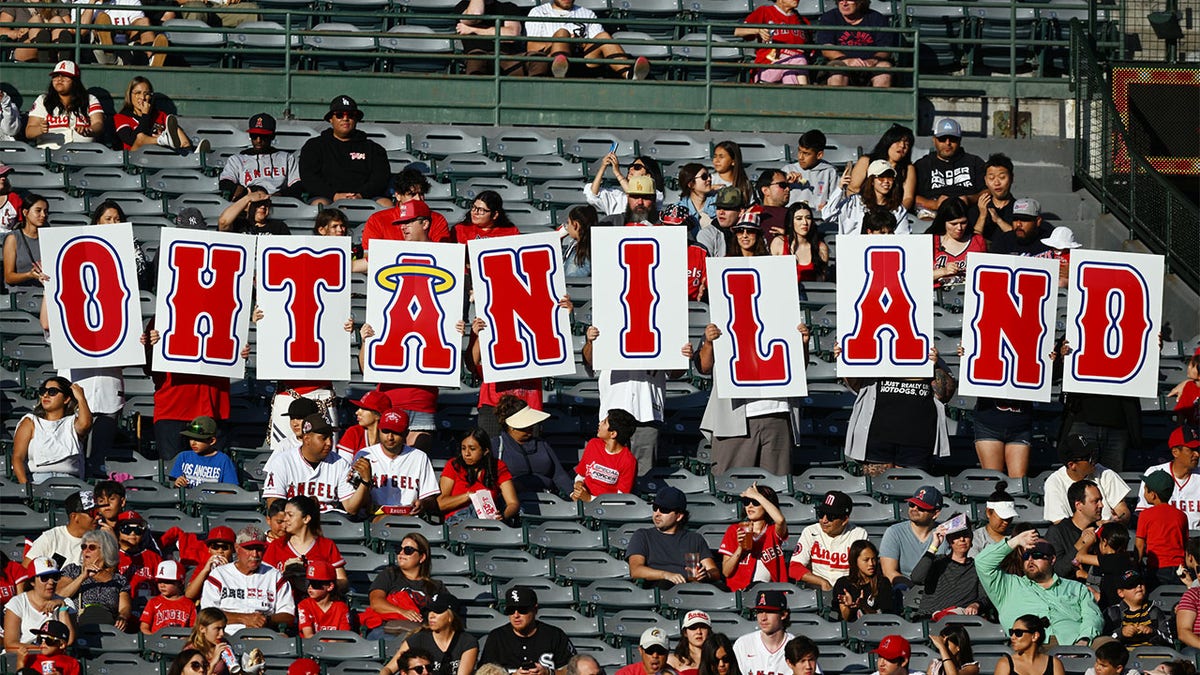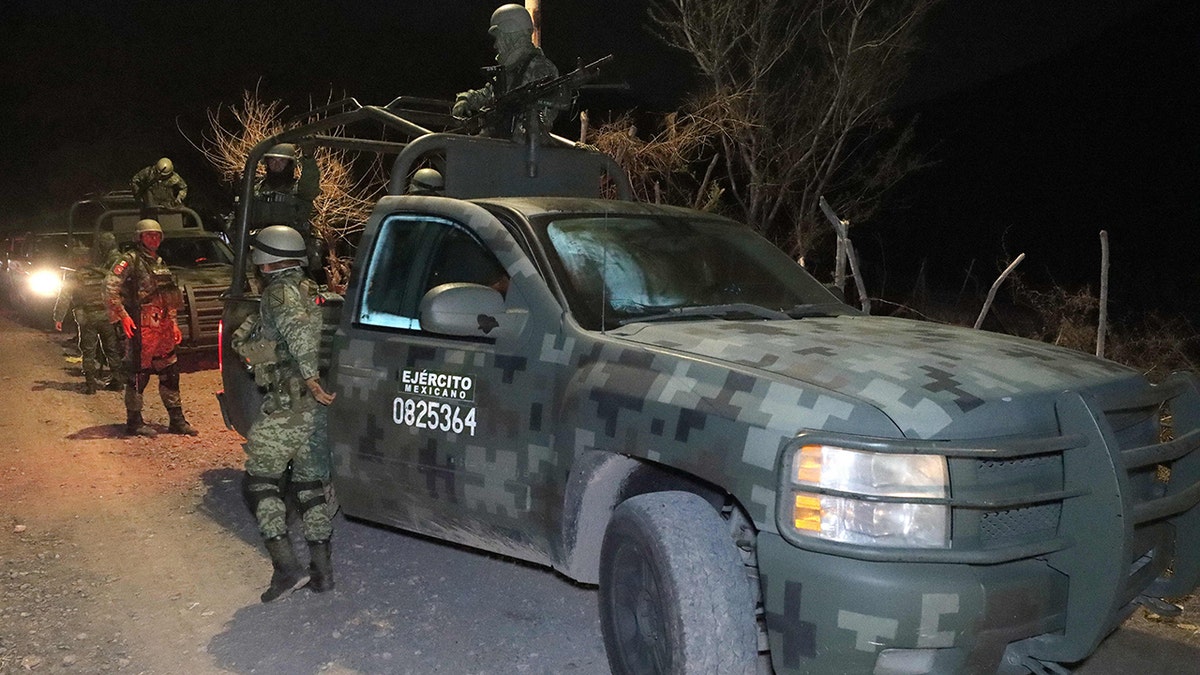According to U.S. Special Envoy to the Middle East, Steve Witkoff, the Gaza Strip faces a protracted reconstruction period, estimated to span 10-15 years, even as a fragile ceasefire holds between Israel and Hamas. Speaking on "Hannity," Witkoff emphasized the need for peace and improved living conditions for Palestinians, suggesting that true progress lies not in clinging to the current physical space, but in fostering better opportunities and financial stability. He highlighted the inherent dangers of life in Gaza, referencing the presence of unexploded munitions.
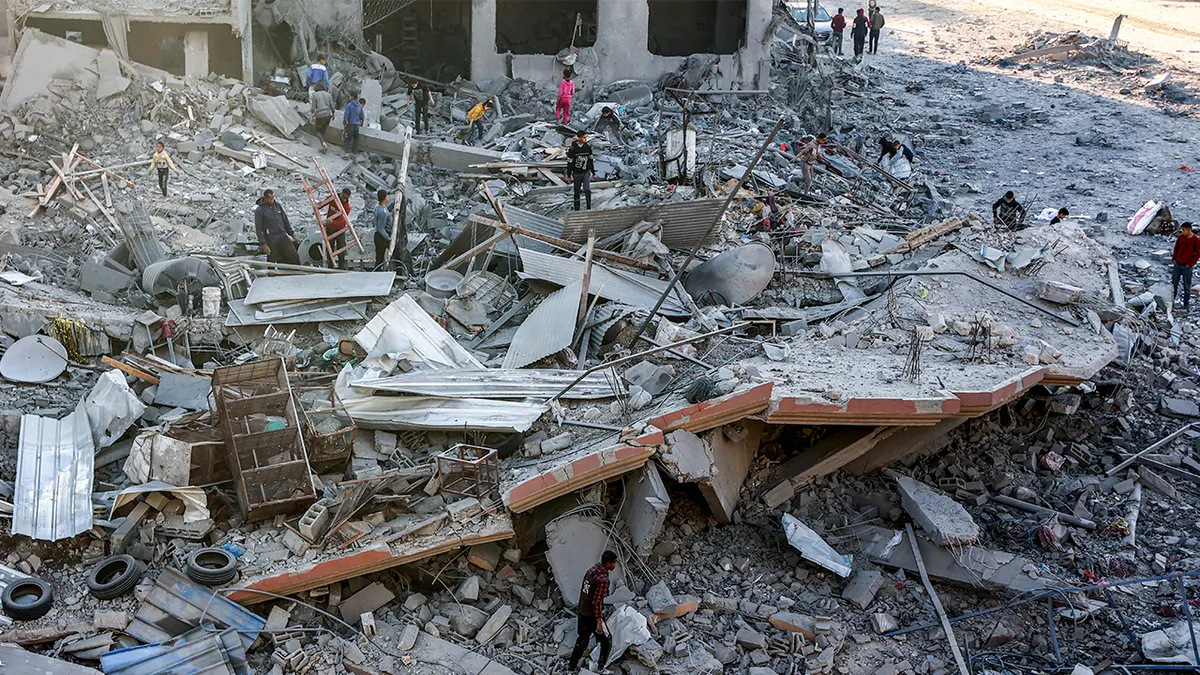
The image above depicts the devastation in Gaza City following Israeli bombardment. (OMAR AL-QATTAA/AFP via Getty Images)
President Trump's proposal to oversee Gaza's reconstruction, leveling and rebuilding it, has sparked significant discussion. Trump envisions this as a path towards regional stability, potentially impacting the entire Middle East. He expressed confidence in the concept's appeal, highlighting the potential for job creation and development in what he described as a "magnificent area" currently marred by destruction.
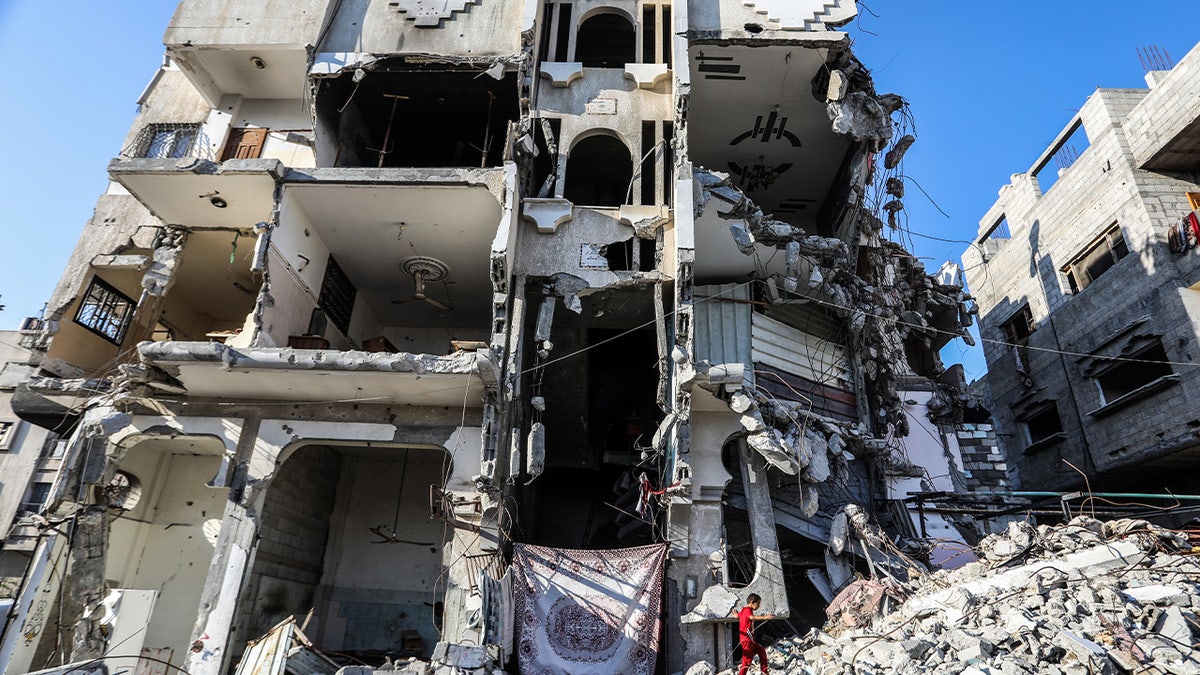
The photograph shows the extent of damage in Khan Yunis after Israeli attacks. (Abed Rahim Khatib/Anadolu via Getty Images)
While Trump has previously suggested relocating Palestinians to neighboring countries, both Egypt and Jordan have rejected the idea. Saudi Arabia reiterated its stance on the necessity of a Palestinian state before establishing diplomatic ties with Israel, following Trump's remarks.
Witkoff conveyed Trump's desire to offer Palestinians a more hopeful future, potentially outside of Gaza. He framed Trump's approach as a departure from the past 50 years of unsuccessful strategies in the region.
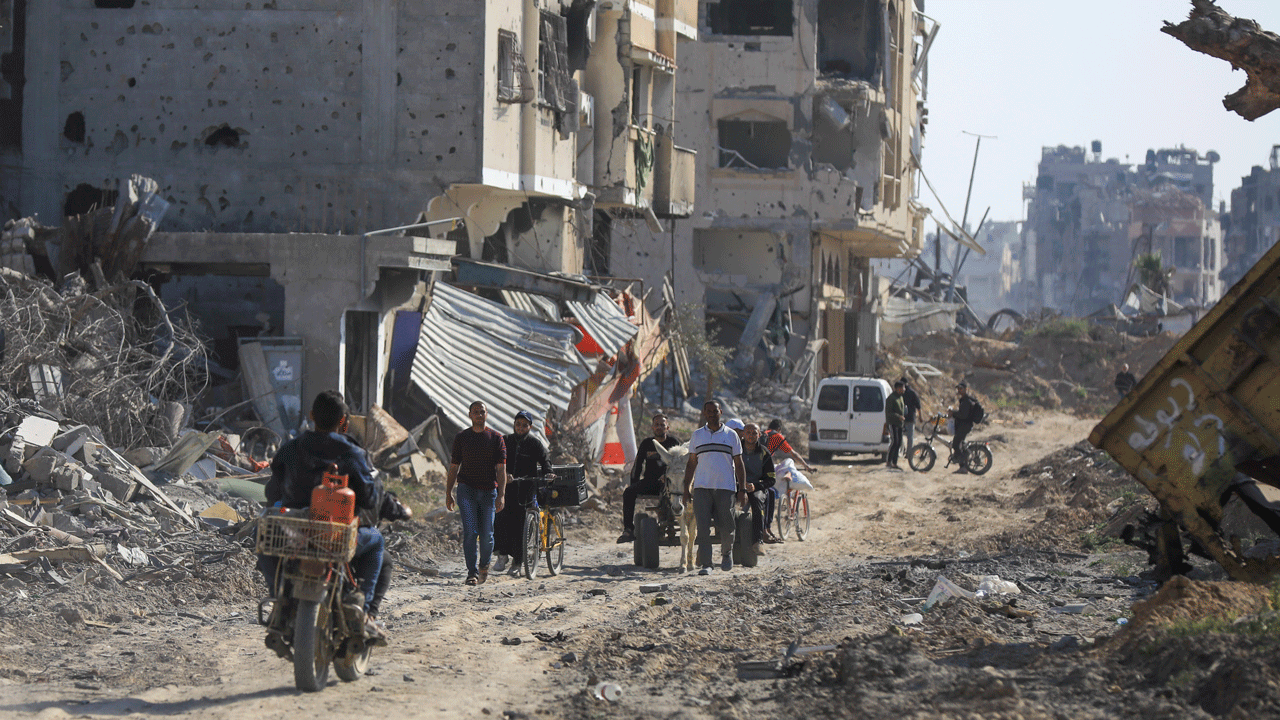
This image captures Palestinians navigating the ruins of Khan Younis following Israeli offensives.
Netanyahu characterized Trump’s proposal as potentially transformative, emphasizing the area's history of conflict and suggesting the value of considering a new approach.


